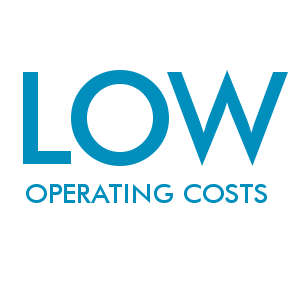The County of Lexington and South Carolina are aligned in supporting a strong business climate, which aides new and existing industry by offering a variety of business and tax incentives. Our team approach of County Council working diligently with local leaders and staff creates a customer-centric tax and permitting environment and provides easy access to decision makers.

State and local teams working together
BUSINESS-FRIENDLY CLIMATE
By combining a pro-business climate with performance-based incentives, this demonstrates our commitment to the collective future of industry in our County and the Palmetto State.
BUSINESS INCENTIVES
The County of Lexington and South Carolina offer a variety of competitive and customized incentive programs aimed at keeping industry operating costs low.

- No state real or personal property tax
- No local income tax
- No inventory tax
- No sales tax on manufacturing machinery and equipment, computer services and software, material-handling equipment and a host of other sales tax exemptions
- No wholesale sales tax
- No pollution control equipment sales tax
JOB DEVELOPMENT INCENTIVES
South Carolina’s Coordinating Council for Economic Development offers two job development and retraining credits to new and existing industry in the state.
JOB DEVELOPMENT CREDITS
JOB RETRAINING CREDITS
TAX INCENTIVES
CORPORATE INCOME TAX CREDITS
South Carolina has a number of tax credits that can be used to offset the state’s corporate income taxes. Some of the more frequently used incentives are detailed here:
JOBS TAX CREDIT
CORPORATE HEADQUARTERS TAX CREDIT
PORT VOLUME INCREASE CREDIT
RESEARCH AND DEVELOPMENT TAX CREDIT
INVESTMENT TAX CREDIT
SALES AND USE TAX INCENTIVES
The sales and use tax rate in South Carolina is 6%. Sales tax applies to all retail sales, leases and rentals.
OUT-OF-STATE SALES EXEMPTION
OUT-OF-STATE PURCHASES-USE TAX CREDIT
SALES TAX EXEMPTIONS
PROPERTY TAX INCENTIVES
There are numerous performance-based or statutory-based property tax incentives in the County of Lexington designed to minimize a company’s initial operating costs.






